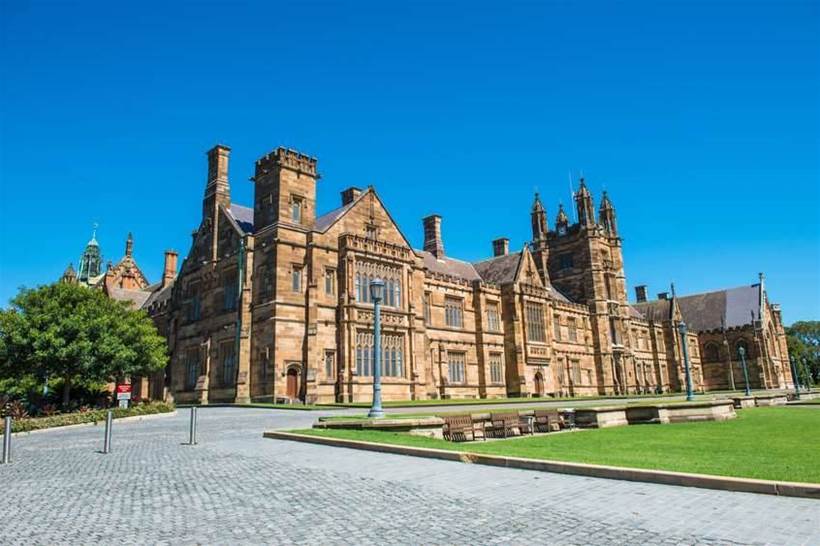The University of Sydney has launched a new initiative aimed at tackling some of the world’s most pressing issues using data science.
Dubbed the Centre for Translational Data Science (CTDS), the facility is one of only a few worldwide that is using data for ‘translation’ – interpreting data to solve real-world problems, including creating tools and software that can address economic and social challenges.
The university hopes that this centre will allow for the expansion of the use of data science beyond its current remit of engineering, physics and health research.
Among some of the disciplines that will engage with the CTDS include criminology, nursing, psychology, political science, veterinary science and geoscience.
The centre will also enjoy support from the Sydney Informatics Hub to build skills, capacity, community and collaboration in data science across the university.
That hub employs a team of 15 dedicated data science engineers and will provide high-performance computing, data storage, data privacy and software engineering support.
The CTDS has a number of current and planned projects, including:
- The Westmead Data Science Health Initiative – Five data scientists have been allocated to work in health-related projects at the Westmead Institute of Medical Research. Examples of the work include the use clinical data to aid in the development of real-time dashboards that display patient data overviews and the creation of predictive models to determine whether a patient will be re-admitted to hospital within a month via data collected from routine pathology tests.
- The University’s Institute of Criminology – Work is underway with the NSW Police Force to understand and predict the occurrence of domestic violence related crime in Sydney’s Central Metropolitan Region via the creation of statistical models of criminal behaviour using historical data, demographics, health records and victim surveys.
- The Northern Sydney Cancer Centre at Royal North Shore Hospital – This project aims to revise the testing of prostate cancer patients following treatment, applying statistical methods to data to determine who should return early and who can delay their test.
- Uncover Project led by the Australian Academy of Science – The centre will work with collaborators to address the challenge of revealing the unknown geology of what lies beneath the weathered rock and sedimentary basins that cover approximately 80 percent of Australia, build in the digital maps already created from over 200,000 seafloor sediment samples.
At the launch of the centre at the University of Sydney as part of its Innovation Week, director Professor Hugh Durrant-Whyte said that “data is the currency of the digital age” and said that there is a worldwide trend that data science and machine learning are the “key strategic technologies with the potential to revolutionise just about everything we do in this world.”
He hopes that the centre will help to build new theories of science, new data-driven models, and to provide a deeper understanding of things in physical life.
“The centre aims to develop translational data science and problem solving in a specific way – by starting with a problem and looking for data science solutions to those problems,” he added.
“The centre is developing new methods in machine learning and statistics to hypothesise solutions to domain-specific questions, and in the process, making new data-driven discoveries in these fields.”







